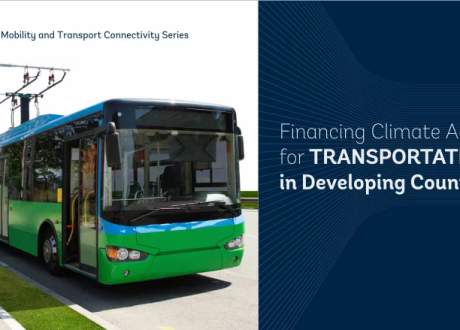By
Marwa Nassar
-
-
The United Nations Environment (UN Environment) has cautioned that Mabira Forest – which is one of few remaining tropical rainforests in Uganda – is at risk of being wiped out due to an increasing population, high demand for charcoal and agricultural encroachment.
Uganda has experienced severe deforestation over the last decade and has one of the highest rates of deforestation and forest degradation in the world. In 1990, forest cover was estimated at 24 percent of total land area; by 2015, it was down to 12.4 percent; today, it is at 9 percent. Many of the remaining forests are in areas under the protection of the National Forest Authority and the Uganda Wildlife Authority.
Mibra Forest – which covers an area of about 300 square kilometers – is one of the country’s biggest reserves, it is home to many endangered species like the primate Lophocebus ugandae, a species of monkey found only in Uganda.
“Forests are not just the lungs of the planet,” says Musonda Mumba, Chief of the Terrestrial Ecosystems Unit at the UN Environment Program. Forests support our overall well-being and are also source of income—we depend on forests and forests depend on us.”
Drivers behind deforestation in Uganda include the harvesting of fuelwood, as more than 90 per cent of household energy is derived from firewood and charcoal. Harvesting timber for construction and land conversion for agriculture are also to blame.
In and around Mabira Forest, as in several other parts of the country, access to water is a daily struggle.The forest provides people with water, medicine and wood for fuel.
To help protect and promote forests like Mabira, the Government of Uganda launched its National REDD+ Strategy in November 2017. REDD+ refers to reducing emissions from deforestation and forest degradation in developing countries, through conservation, sustainable management of forests, and enhancement of forest carbon stocks. Uganda’s REDD+ Strategy includes developing plans and options for forest management to reduce carbon emissions and maintain valuable ecosystem services such as biodiversity, water supply, soil protection and wealth creation for sustainable livelihoods. With REDD+, the country has an opportunity to manage its forests in a balanced way for long-term, sustainable economic growth, to support the livelihoods of local, rural and forest dependent communities, and to ensure the conservation of its natural heritage.
Making REDD+ a reality has also required building National Forest Monitoring Systems that can accurately and transparently track forest and land use changes, mitigation actions and facilitate the measurement of results.
The UN-REDD Program is supporting the Uganda National Forest Authority in establishing an effective forest monitoring system to track and report forest changes and to curb deforestation. Under the initial REDD+ readiness support, national staff were trained in data entry, cleansing and analysis.




اترك تعليقا